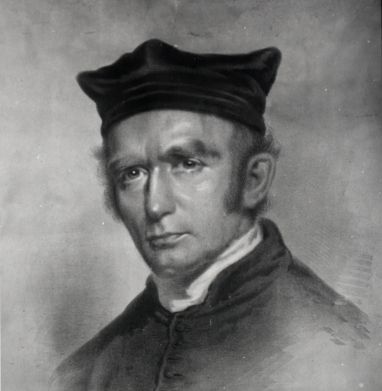
Rabbi David Einhorn risked life and career by denouncing slavery from his Maryland pulpit in 1861. Other clergymen throughout the South, including rabbis, had pointed to the laws governing slavery in the Torah as a justification for continuing the practice in America.
A fair number of Northern clergymen had even joined this group in an effort to prevent the Civil War. Rabbi Einhorn, of Har Sinai Congregation in Baltimore, would have none of it.
Though he lived in a city famous for its pro-slavery mobs (one of which plotted the first assassination attempt on Abraham Lincoln in 1861, as depicted in our film, Saving Lincoln), Rabbi Einhorn spoke out:
“Is it anything else but rebellion against G-d to enslave human beings created in His own image and to degrade them…? Is it anything else but an act of ruthless and wicked violence to reduce defenseless human beings to a condition of merchandise and relentlessly to tear them away from the hearts of husbands, wives, parents, and children?”
Rabbi Einhorn’s words cost him dearly. He was targeted by a mob, rioters destroyed his printing press, and his life was threatened. He fled to the North and never returned to Baltimore.
Rabbi Einhorn spoke out against racial and ethnic discrimination for the rest of his career in New York and Philadelphia.
Get the best of Accidental Talmudist in your inbox: sign up for our weekly newsletter.